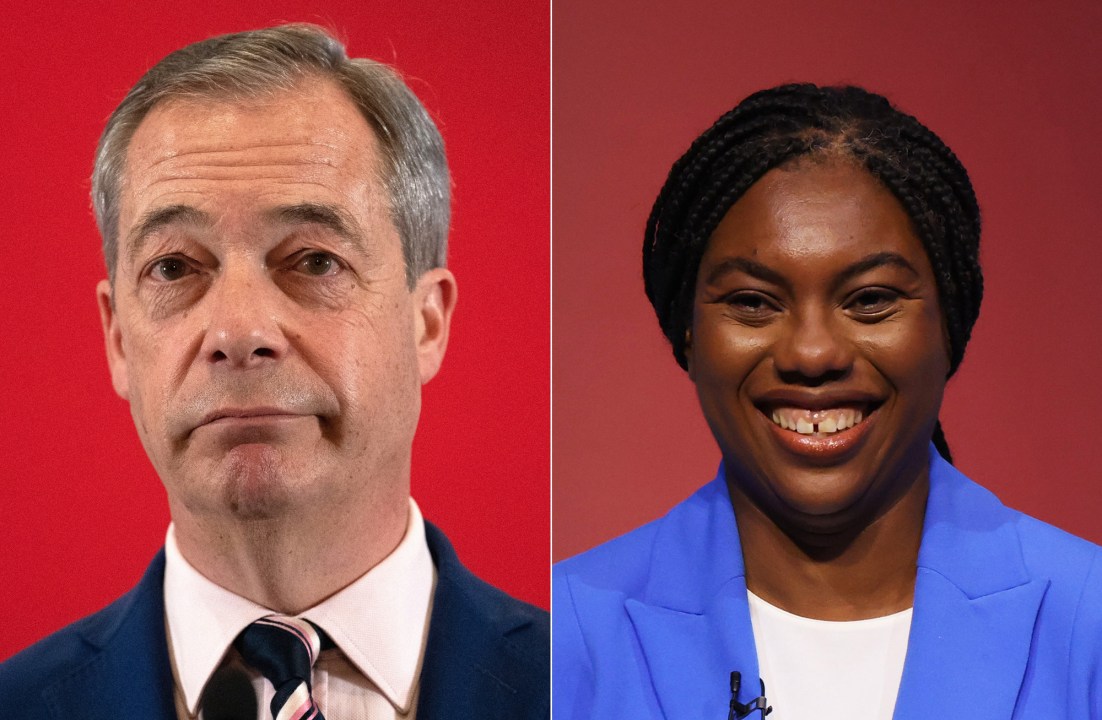In just three weeks, voters in some 20 local council areas and in the Runcorn and Helsby parliamentary by-election go to the polls.
It’s the first major test of voter opinion since the election of the Labour government in July, yet despite Labour’s increasing unpopularity, the official Tory opposition is braced for yet another thumping defeat.
Far from anticipating victory, party leader Kemi Badenoch has warned of ‘difficult’ results ahead – code for ‘defeats’ and the loss of Tory controlled councils and seats to Labour, the Lib Dems and the insurgent Reform UK party. The latter is fielding many former Tory defectors as its candidates, including at Runcorn and in Lincolnshire where former Tory minister Dame Andrea Jenkyns is Reform’s candidate to be mayor.
The rise of Reform has led to near panic in the Tory ranks, with former cabinet minister Esther McVey among many Tories and party donors calling for the two parties to unite in an electoral pact.
Although Badenoch has ruled out making any such national alliance, she has now given the green light to Tories to make local deals with Reform after the elections to stop the left from taking control of councils, telling the BBC that local Conservatives will be free to do whatever is right for voters in their areas.
But Reform leader Nigel Farage immediately rejected Badenoch’s offer of an olive branch – saying that Reform had ‘no intention’ of forming a pact with the party that had failed Britain during 14 years of Tory government.
With Reform expected to make sweeping gains in the local polls, and having a good chance of adding Runcorn to its tally of parliamentary seats, Farage is right to sound bullish ahead of the votes. But the cold logic of electoral arithmetic means that ‘uniting the right’ is the only strategy that makes sense if there is to be any hope of ousting Labour at the next general election.
Although disillusioned Tories who now support Reform dispute that their former party can be considered real conservatives any more, the fact that it still commands around 20 per cent of the vote cannot simply be wished away.
However rotten the recent record of the Tories in government, the party that dominated politics for most of the past century still has the remnants of an election winning machine and still commands the stubborn loyalty of millions of true-blue voters.
Equally, the Conservatives cannot ignore the fact that millions of their former voters, angry that their party has become a mushy centrist outfit hardly distinguishable from the Lib Dems, now have a genuinely right-wing alternative to vote for – and show every sign of intending to do so.
However distasteful the prospect may be to both parties, if they ‘do the math’ as Americans say, they will see that unless a pact is formed between them before 2029, Sir Keir Starmer will remain in power for a long time to come.







Comments